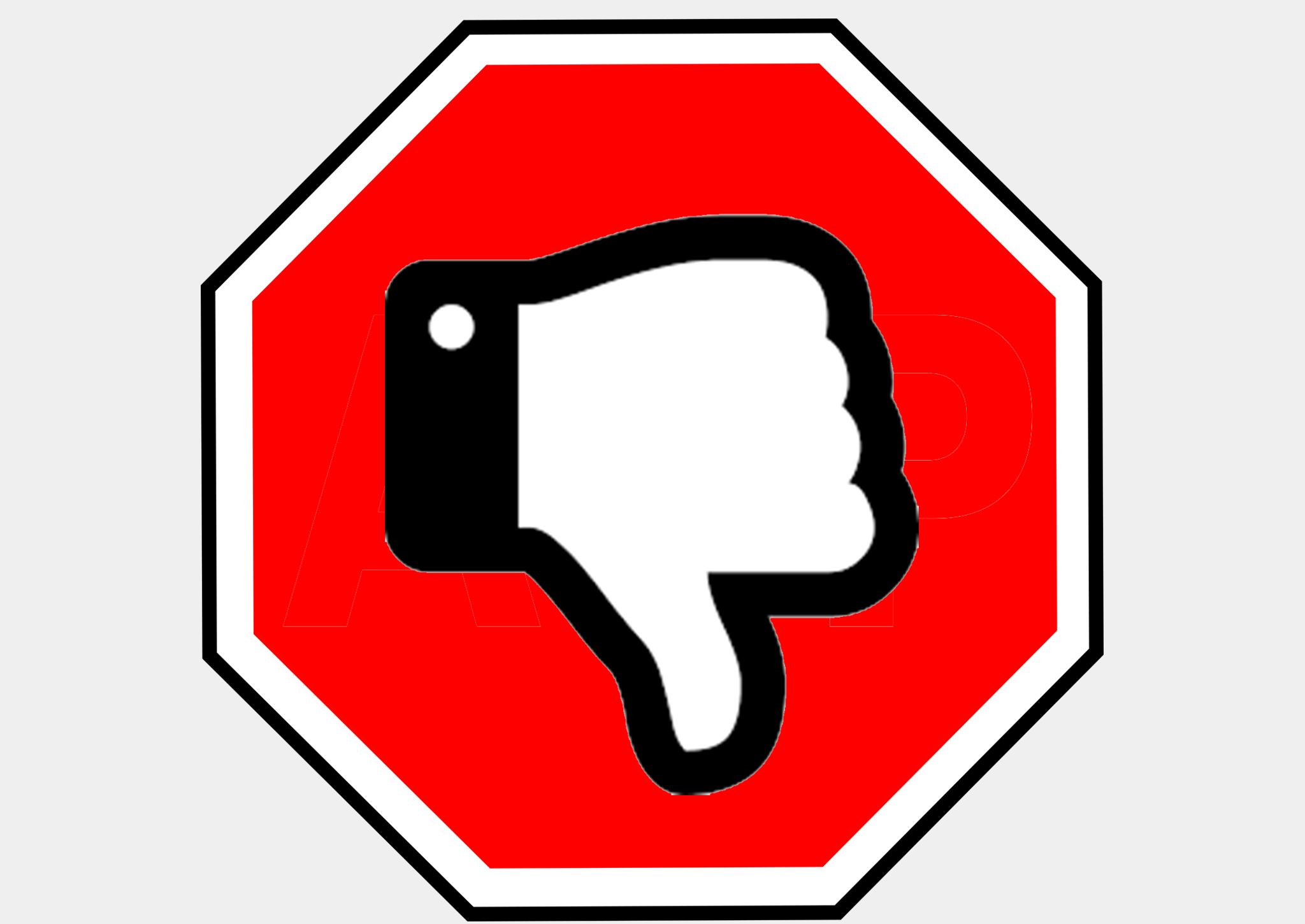Here's why you should delete AdBlock right now
I dislike annoying adverts too, but if you care about the quality and integrity of what you read online you should be trying to improve them


Your support helps us to tell the story
From reproductive rights to climate change to Big Tech, The Independent is on the ground when the story is developing. Whether it's investigating the financials of Elon Musk's pro-Trump PAC or producing our latest documentary, 'The A Word', which shines a light on the American women fighting for reproductive rights, we know how important it is to parse out the facts from the messaging.
At such a critical moment in US history, we need reporters on the ground. Your donation allows us to keep sending journalists to speak to both sides of the story.
The Independent is trusted by Americans across the entire political spectrum. And unlike many other quality news outlets, we choose not to lock Americans out of our reporting and analysis with paywalls. We believe quality journalism should be available to everyone, paid for by those who can afford it.
Your support makes all the difference.I have to admit: I have in the past blocked adverts online. There were simply too many flashing up on my screen everytime I wanted to look at anything, telling me to play poker or join some weight-loss scam. So I installed the Chrome extension that conveniently deletes all ads from any web page. But I shouldn’t have — in doing so, I put the future of the free internet under threat.
Because if we all start using the AdBlock extension, or download the new AdBlock browser that has just been released, we are endangering the internet as we know it. Because us being able to get stuff on the internet relies almost entirely on ads.
But AdBlock wants to get rid of that revenue stream, and by stopping people seeing them, it is forcing online companies to adopt different and almost certainly worse models.
An internet ruled by AdBlock would be one where ads have to be so indistinguishable from proper, genuine content that ad blocking technology can’t tell the difference. The problem is that for ads to get that subtle, they’d no longer be distinguishable by humans, either. And if this happens, then nobody will read anything on a site they know anybody can pay to write stories in.
In its defence however, AdBlock’s stated aim isn’t to destroy those websites, or force any change of the content on them. Instead, it says that it wants to make ads better.
It does that through a whitelisting programme, which allows users to opt in to see a list of ads that have been pre-approved by the company. To do that, advertisers have to ensure that their content isn’t too intrusive or annoying. They also have to pay.
While I'm sceptical about this model, a broader whitelisting programme might work. Blocking ads doesn’t necessarily mean users refusing to see all content from advertisers, but voting with their feet — annoying ads should get blocked, so that only ones that aren’t annoying actually work.
The problem is that, for the moment, that doesn’t happen. Almost everyone who uses AdBlock simply blocks all ads, meaning that the people who don’t use it end up having to just watch more.
That's presumably part of the reason why some ads have become so intrusive, long and annoying. If you’ve ever had to sit through a long pre-roll ad before watching a programme on 4OD, or had a huge banner ad take up your screen, it’s partly because you’re picking up the slack from people who don’t watch ads at all.
Ads may be annoying, but they're also a harmless way of paying for the vast amounts of free content that the internet produces. They’re the best of a bunch of ways of trying to make a sustainable business model on the internet.
But even more importantly, as long as we care about a free press (and in both senses, it being unrestrained and cost-free) we’d do well to switch off AdBlocker. We still need to fix many ads; but we should be able to improve them without breaking journalism.
Join our commenting forum
Join thought-provoking conversations, follow other Independent readers and see their replies
Comments